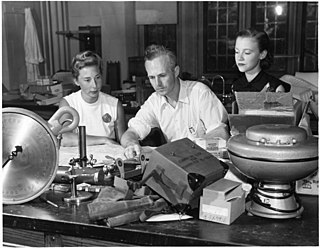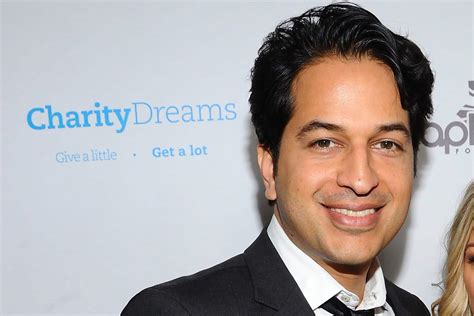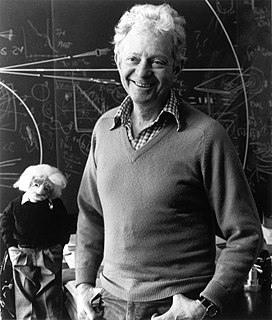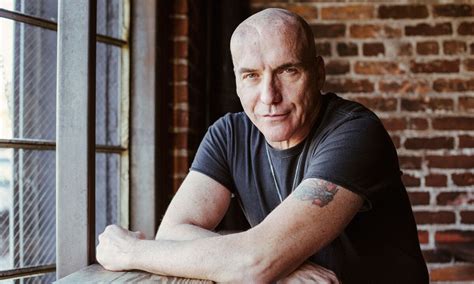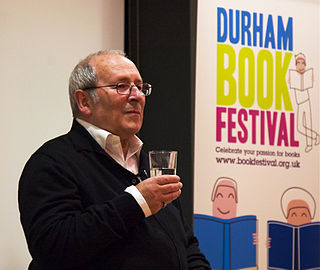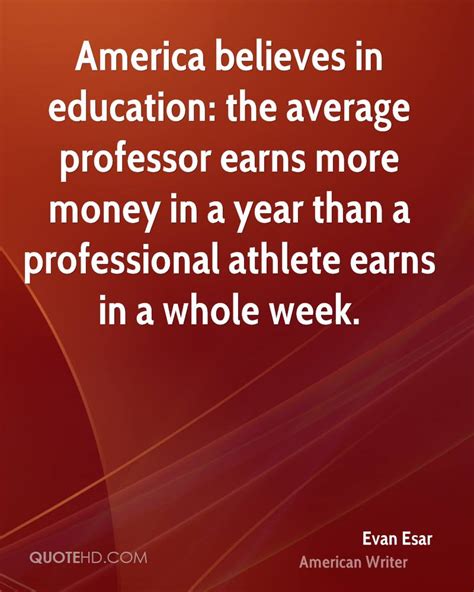A Quote by Knut Schmidt-Nielsen
It has been said that the primary function of schools is to impart enough facts to make children stop asking questions. Some, with whom the schools do not succeed, become scientists... and I never stopped asking questions.
Related Quotes
If you don't put the spiritual and religious dimension into our political conversation, you won't be asking the really big and important question. If you don't bring in values and religion, you'll be asking superficial questions. What is life all about? What is our relationship to God? These are the important questions. What is our obligation to one another and community? If we don't ask those questions, the residual questions that we're asking aren't as interesting.
How scientists go about their job: and it's a process, it's a question of asking questions, respecting observation, respecting experiment, having tentative explanations and then testing them.... There is a problem sometimes with how we teach science at schools. Because we sometimes teach it as if it has been chiseled in stone.
If you don't understand, ask questions. If you're uncomfortable about asking questions, say you are uncomfortable about asking questions and then ask anyway. It's easy to tell when a question is coming from a good place. Then listen some more. Sometimes people just want to feel heard. Here's to possibilities of friendship and connection and understanding.
Beware of anyone who calls you bad names merely for asking honest questions. Beware of anyone who insists on reframing your sincere curiosity as a character defect. Beware of anyone who questions your motives while ignoring your facts. When someone calls you bad names merely for asking questions, it suggests they know the answer but are terrified to admit it.
